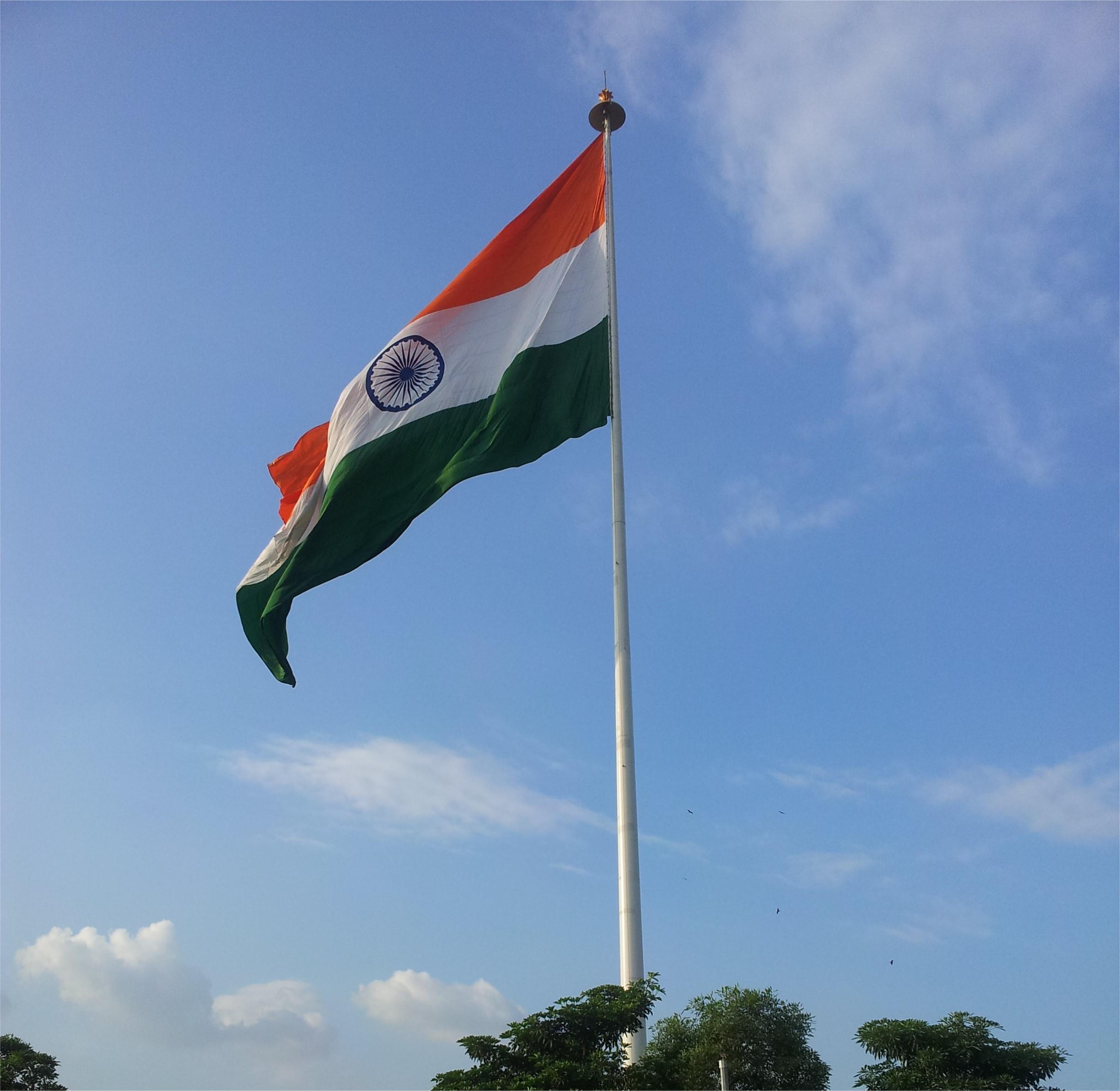
Credit: CC0 Public
India is currently experiencing extreme heat, with temperatures soaring to 52.9°C. From May 31 to June 2 alone, over 50 people have been confirmed dead due to heatstroke, with a total of 211 deaths currently linked to heat-related illnesses. The extreme heat continues to persist across the country.
What is Heatstroke?
Heatstroke is an acute condition caused by prolonged exposure to high temperatures, leading to a failure in the body's heat-regulation mechanisms. It typically occurs in hot, humid conditions, especially when people engage in strenuous activities or work for extended periods outdoors. Symptoms of heatstroke include persistent headache, dizziness, nausea, rapid heartbeat, high fever, dry mouth, flushed skin, confusion, and in severe cases, death.
There are two types of heat-related illnesses:
1. Heat Cramps: Muscle spasms and pain due to heavy exertion and loss of electrolytes.
2.Heat Exhaustion: More severe than heat cramps, characterized by heavy sweating, weakness, cold, pale and clammy skin, fast, weak pulse, nausea, and fainting.
How to Prevent Heatstroke?
Prevention is key to avoiding heatstroke. Before symptoms occur:
1. Stay Hydrated: Drink plenty of water and electrolytes to prevent dehydration.
2. Wear Lightweight Clothing:Heavy clothing can impede the body's cooling system. Opt for breathable and light clothes that aid in cooling.
3. Limit Strenuous Activities:Intense exercise can elevate body temperature and lead to significant water loss.
4. Avoid Direct Sunlight:During peak hours (midday and afternoon), seek shade or stay indoors. If unavoidable, use protective measures like umbrellas or hats to minimize sun exposure.
What to Do if Heatstroke Occurs?
If you or someone nearby starts showing signs of heatstroke, immediate action is essential:
1.Move to a Cooler Area:Get out of the sun and find a shady or air-conditioned place.
2.Cool Down:Use any available means to reduce body temperature, such as wet cloths, fans, or cool water.
3.Hydrate:Drink water or electrolyte solutions to replenish lost fluids.
4.Seek Medical Attention:If symptoms persist or worsen, seek emergency medical care immediately.
Why is India Experiencing Such Extreme Heat?
Since March, India has faced unusually high temperatures due to global climate change. Located in a tropical region, parts of India have yet to enter the monsoon season, leading to prolonged heatwaves. This year's extreme heat coincided with the Indian elections, causing many people to gather for voting and numerous workers to endure harsh conditions, resulting in a spike in heat-related deaths.
Although the elections are over, the heatwave persists, and residents continue to suffer. Researchers predict that global climate change will lead to more frequent, prolonged, and extreme heatwaves in the coming years. Those living in India should prepare for the likelihood of similar extreme heat events in the future.
Reference:
1.https://edition.cnn.com/2024/06/02/india/india-heatwave-poll-worker-deaths-intl-hnk/index.html
2.https://www.bbc.co.uk/news/articles/cprrv9zp8wyo





Post comments